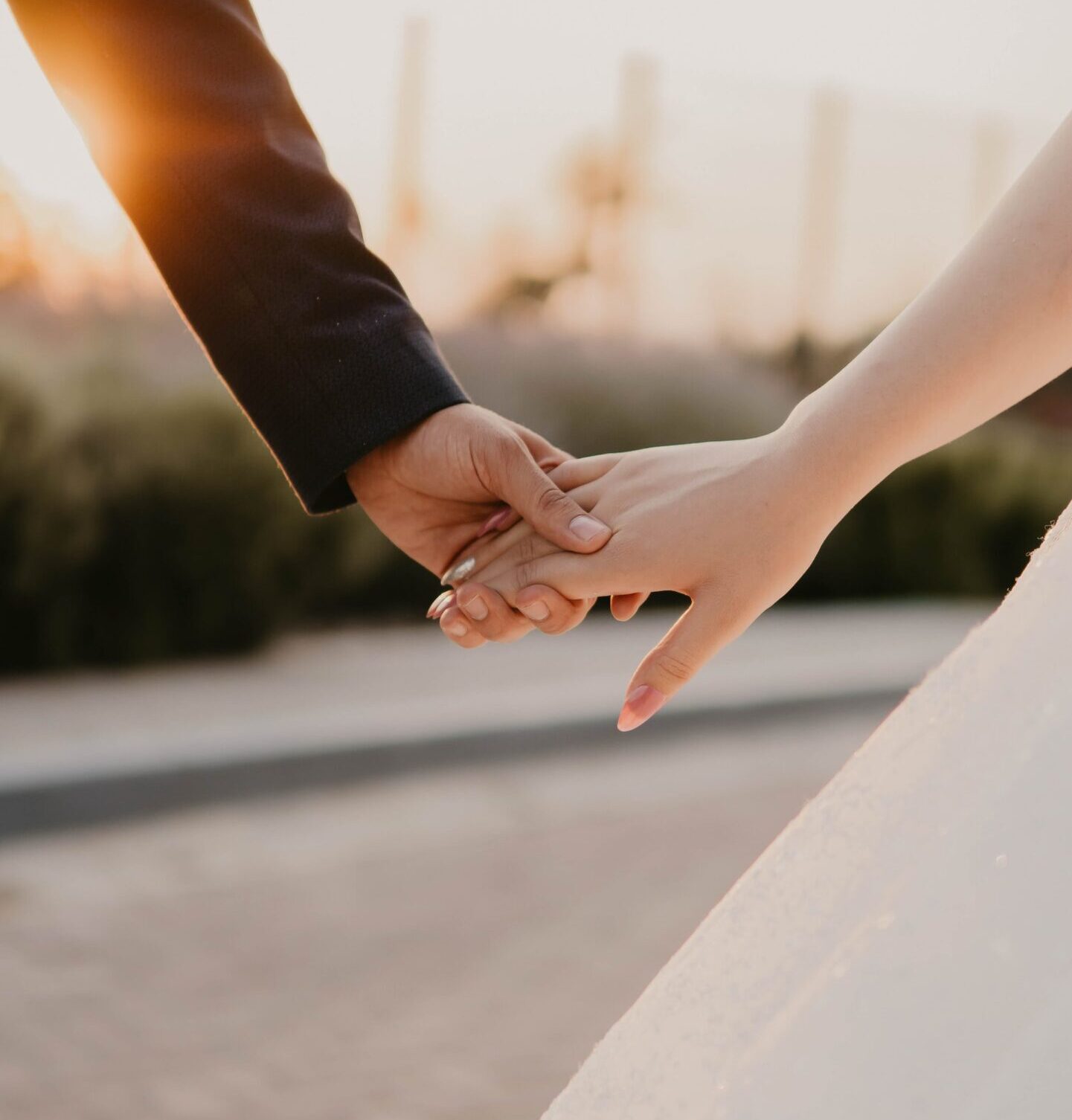Marriage is one of the most important decisions in a person’s life. It not only brings two individuals together but also creates a legally recognized union. A legal marriage is one that is recognized by the government and is governed by laws. In this article, we will explore the definition of legal marriage and the importance of getting legally married.
Table of Contents
- Definition of Legal Marriage
- Importance of Legal Marriage
- Eligibility for Marriage
- Obtaining a Marriage License
- Conducting the Ceremony
- After the Wedding
Definition of Legal Marriage
A legal marriage is a union between two individuals that is recognized by the government. This type of marriage is governed by laws and regulations that vary by state or country. To be considered a legal marriage, the union must meet the criteria set forth by the government, such as obtaining a marriage license and having a ceremony performed by a qualified official.
Importance of Legal Marriage
Getting legally married is important for several reasons. First, it provides a legally recognized union that can be used to access certain benefits and protections. This includes the right to make medical decisions for your spouse, the right to inheritance, and the right to file taxes jointly.
In addition, a legal marriage can provide stability and security in a relationship. A legal marriage creates a formal commitment between two individuals, which can strengthen the bond between partners and provide a sense of security in the relationship.
Furthermore, having a legal marriage can simplify many practical aspects of life. For example, having a legal marriage can simplify the process of changing your name, updating your official records, and accessing certain benefits.
Eligibility for Marriage
Before you can legally marry, it’s important to understand the eligibility requirements. These requirements vary by state or country, but typically include the following:
Age Requirements
In most places, the minimum age for getting married is 18 years old. However, in some cases, individuals can get married at a younger age with parental consent. It’s important to check with your local government to understand the age requirements in your area.
Residency Requirements
Residency requirements specify where the marriage ceremony must take place. Some states or countries require one or both partners to be residents of the area where the marriage is taking place, while others do not have any residency requirements.
Identification Requirements
To get married, you will typically need to provide proof of identity. This may include a government-issued ID such as a driver’s license, passport, or state ID. You will also need to provide proof of name and age, such as a birth certificate.
Mental Capacity and Consent
Both partners must have the mental capacity to enter into a legal marriage and must provide their consent. This means that they must understand the nature and consequences of getting married and must be willing to enter into the union. If either partner is under the influence of drugs or alcohol, they may not have the capacity to consent to the marriage.
Obtaining a Marriage License
A marriage license is a legal document that allows two individuals to get married. In order to obtain a marriage license, you must follow a specific process, including:
Application Process
The first step in obtaining a marriage license is to complete an application. This typically involves providing personal information, such as name, address, and date of birth, as well as identifying documentation. Some states or countries may also require pre-marital counseling or a blood test.
Fees and Waiting Periods
There is usually a fee associated with obtaining a marriage license, and some states or countries may have a waiting period before the license is issued. The fee and waiting period vary by location, so it’s important to check with your local government for specifics.
Required Documentation
To obtain a marriage license, you will typically need to provide identifying documentation, such as a government-issued ID, birth certificate, or passport. You may also need to provide proof of residency, and some states or countries may require additional documentation, such as proof of pre-marital counseling or a blood test.
Conducting the Ceremony
The final step in getting legally married is conducting the ceremony. This is the formal event that officially recognizes the union between two individuals. The specifics of the ceremony can vary, but typically include the following:
Who Can Perform the Ceremony
The ceremony can be performed by a qualified official, such as a minister, priest, rabbi, or judge. In some states or countries, friends or family members may also be able to perform the ceremony if they are authorized by the government.
Required Witnesses
Most states or countries require witnesses to be present during the ceremony. The number of witnesses required can vary but is typically two. The witnesses must sign the marriage license to confirm that the ceremony was conducted.
Official Declaration of Marriage
The official declaration of marriage is the moment when the partners are officially declared to be married. This typically involves exchanging vows, rings, or other symbols of commitment, and can be a formal or informal event. In some states or countries, the official declaration of marriage must be made by the person performing the ceremony.
After the Wedding
Getting legally married is just the beginning of your journey as a married couple. Once the wedding is over, there are several important steps you need to take to ensure that your union is officially recognized. These steps include:
Changing Legal Name
If desired, either partner can change their legal name after the wedding. This typically involves filling out a form and providing proof of identity and marriage. You can change your name at the Social Security office, the DMV, and other government agencies.
Update of Official Records and Documents
After the wedding, it’s important to update your official records and documents to reflect your new marital status. This may include updating your driver’s license, passport, and other identification documents, as well as updating your name on bank accounts, insurance policies, and other important documents.
Receiving a Certified Copy of the Marriage Certificate
After the wedding, you will receive a certificate that serves as proof of your marriage. This certificate is usually called a marriage certificate, and it’s important to keep a copy of it for future reference. You may also want to order certified copies of the certificate for various legal and financial purposes.
Getting legally married is an important step in your life journey and it’s important to understand the process involved. In this blog, we’ve outlined the key steps to getting legally married, including:
Getting legally married is a significant life event that brings both joy and responsibility. It’s important to understand the process involved, and to follow the proper steps to ensure that your marriage is recognized and protected. While the legal process can be complex, it’s a necessary part of starting your life together as a married couple.
In conclusion, getting legally married is a significant event that requires a thorough understanding of the process involved. By following the steps outlined in this blog, you can ensure that your marriage is recognized by the government and that your rights and benefits as a married couple are protected. Best wishes on your journey as a married couple!

Meds is an attorney currently residing on the East Coast, where he practices law. While his primary focus lies in criminal law, he also has experience in family and personal injury law. His legal background enables him to navigate a variety of legal challenges and provide comprehensive assistance to his clients.





